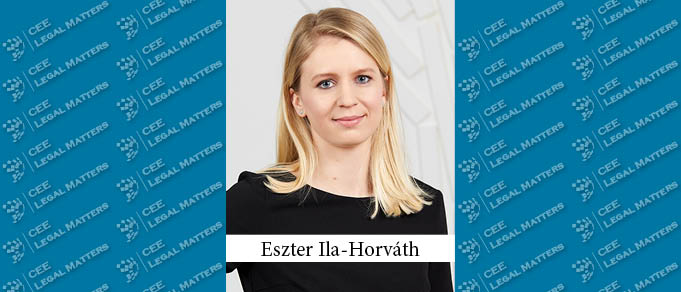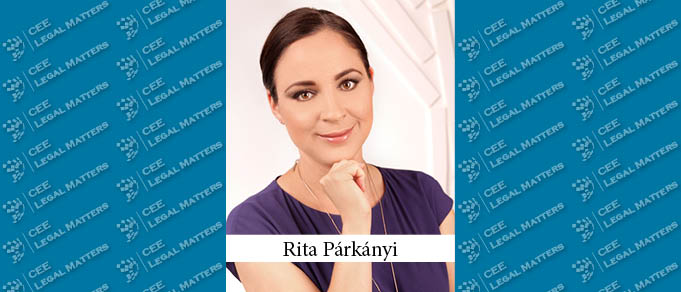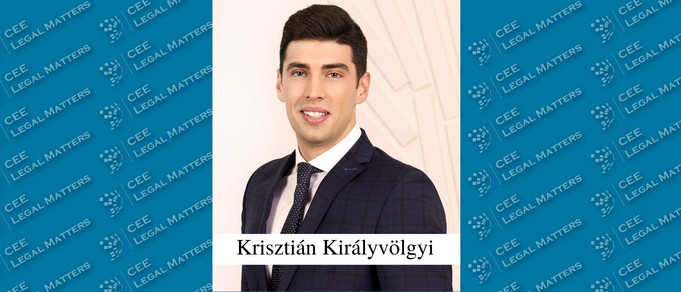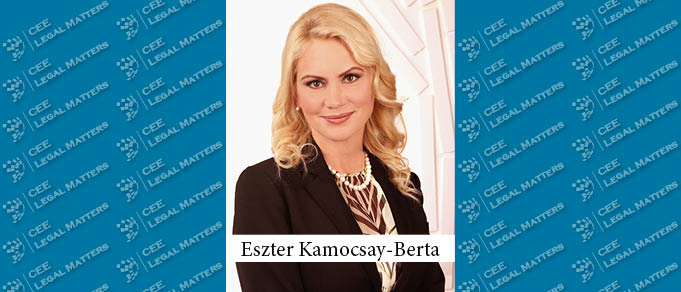As of 1 March 2024, it possible to submit applications for residence permit at the Immigration Authority in accordance with the new regulation, i.e. the Act XC of 2023 on the General Rules for the Entry and Residence of Third-Country Nationals.
The Tightened Rules of the Occupational Health and Safety Fines
In order to promote the health of employees and prevent workplace accidents, the Hungarian Government had significantly increased the fines for the breach of occupational health and safety rules as of 1 March 2024. The rule on its amount was removed from the applicable act and its details were laid down in a government decree.
Amendments to the Land Transaction Act from 1 January 2024
Certain amendments to the Land Transaction Act entered into force on 1 January 2024. The amendment introduces the definition of a rice farm, which includes the land and, as an accessory thereto, the land parcel registered as an area excluded from cultivation serving the rice production (e.g. ditch and drainage systems, embankments and farm roads). The amended Act contains specific provisions, such as two new legal bases for the pre-emption right in respect of rice farms.
2024 – The Year of European Minimum Wage in Hungary?
According to the Hungarian Government's spring 2024 legislative program, the Hungarian Parliament may decide on the introduction of a “European minimum wage” as early as this spring session. The EU minimum wage directive highlights the importance of European social dialogue frameworks in reaching agreements on minimum wages among Member States.
Hungary Takes a Look at AI: A Buzz Interview with Rita Parkanyi of KCG Partners
New technologies, spearheaded by artificial intelligence, are shaping the legal dialogue surrounding innovation, consumer protection, and the integrity of market competition within Hungary and the European Union as a whole according to KCG Partners Founding Partner Rita Parkanyi.
Stages of entry into force of the Hungarian Architecture Act
The Hungarian Parliament adopted the bill on Hungarian architecture on 12 December 2023, and the Hungarian Architecture Act was officially published 10 days later. The date of entry into force is different for certain sections of the Act, namely 30 December 2023, 1 October 2024, 1 January 2026 and finally 1 July 2027.
New Obligation for Waste Producing Companies: The Compulsory Environmental Insurance
The new provisions on compulsory environmental insurance entered into force on 1 January 2024 through the modification of the Waste and a new Government Decree.
Powers of Conciliation Boards Extended from January 1
Under Hungarian law, conciliation boards were set up more than two decades ago, which provide a fast, efficient and inexpensive forum for dispute resolution compared to litigation in specific cases. The competence of the conciliation boards in relation to goods and services covers (i) the quality and safety of the services; (ii) application of product liability rules; and (iii) conclusion and performance of contracts. This type of conciliation can only be initiated by the consumer as an individual.
New Allowances in Corporate Taxation
From 1 January 2024, taxpayers can benefit from a tax allowance for investments in the construction of electricity storage facilities. The tax allowance is available for 6 tax years, with the first tax year being either the year of installation or the following tax year, at the taxpayer's option. This incentive is intended to encourage the installation of new electricity storage facilities which enable the taxpayer to store electricity generated for its own use.
Latest Changes to Personal Income Allowances
Starting on 1 January 2024, a new feature was launched regarding personal income allowances, meaning that certain tax base reduction allowances can also be claimed on a continuing basis. The purpose of the existing tax advance return is to allow the employer to determine and deduct the tax advance, considering both benefits and costs.
A Proposal Made by the Government for Preferential Taxation of "Digital" Companies Employing Foreign Workers
According to a draft legislation on digital companies issued at the end of 2023, “digital companies” would be exempt from paying public burdens and local business tax. Employees in employment relationships and the executives of companies could fulfil their tax payment obligations after their income through special public burden contributions.
Platform Workers are Not Employees, Hungarian Curia Confirms
The legal status of platform workers (e.g. food couriers) is continuously subject to interpretation and often times scrutiny from the authorities. The Hungarian Curia settled the status in its latest decision, at least from a labour law point of view.
Notable Changes Hungarian Corporate Law Regulations Effective from 1 January 2024
In Hungary, a legal entity can separate into multiple legal entities through division or spin-off. In the case of a spin-off, the original legal entity continues to exist, and a portion of its assets is transferred to the newly formed legal entity as its successor.
Green Light for Wind Power Projects in Hungary
In December 2023, the Hungarian Government significantly eased the regulatory conditions for the establishment of wind turbine projects in Hungary in order to comply with EU requirements and enhance the utilization of green energy.
Employment Administration Speeds Up, Employment Certificate Is Introduced
We are witnessing an important advancement in the field of employment administration in Hungary. Starting from 1 January 2024, the Act on the Promotion of Employment and Unemployment Benefits was amended, introducing the obligation for employers to issue an employment certificate following the termination of employment.
Pre-Emption Right for the Hungarian State in Case of Solar Power Investments
As of 13 January 2024, a new government decree amends the provisions of the clearance procedure of the Government Decree on certain foreign direct investments (“FDI”). The amendment grants the Hungarian State a right of first refusal in respect of acquisitions of strategic companies whose main or additional registered activity is electricity production and pursue solar power plant-related activity that are to be acquired by foreign investors.
E-VAT System Goes Online in Hungary
The digitalisation of the Hungarian tax system has reached another important milestone: after lengthy preparatory work (and a few setbacks), the e-VAT system was launched on 1 January 2024, on a voluntary basis, for now.
New Act on the Entry and Residence of Third-Country Nationals in Hungary
The Hungarian Parliament adopted a new act on the rules of the entry and residence of third-country nationals on 12 December 2023.













